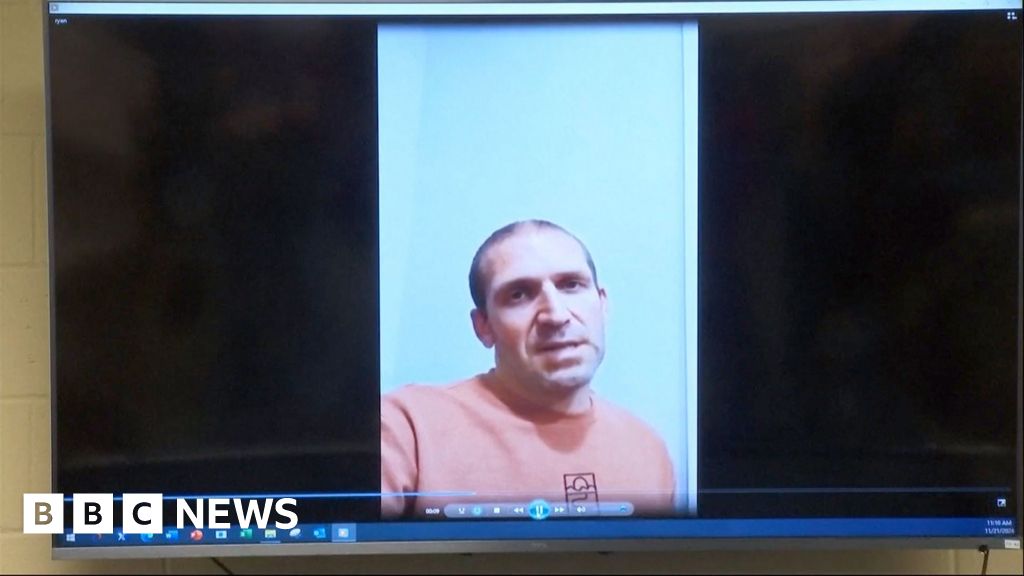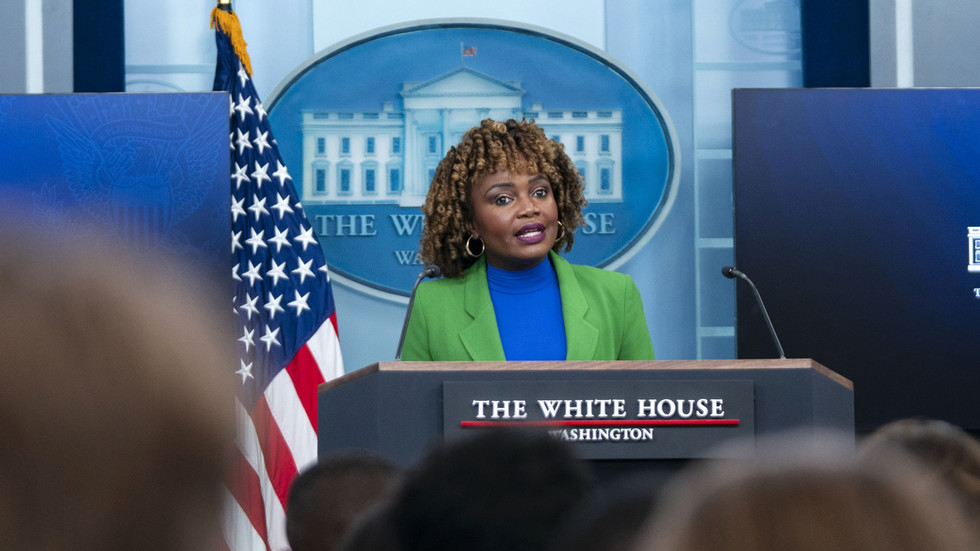Former president George W
Bush
will not endorse either Kamala Harris or Donald Trump in the 2024 presidential election though his former vice president
Dick Cheney
said he would support Kamala Harris. Bush has been following this pattern since 2016 when he voted straight Republican on the ticket but left the presidential line empty -- choosing none between Donald Trump of Hillary Clinton.
In 2020 too, Bush did not cast a vote for either Trump or Joe Biden.
But before that, Bush used to make his support clear. In 2012, Bush said he was backing Republican candidate Mitt Romney against Barack Obama. In 2008, he endorsed now-late John McCain.
"President Bush retired from presidential politics years ago," Bush and his wife Laura said on their decision to not support either Trump or Kamala Harris.
It's no secret that Bush and Trump do not go along well and Trump built his political career partly by trashing the legacy of the Bush dynasty. Bush stopped endorsing anyone in the presidential election as Trump entered the race in 2016 but he never spoke against Trump. At a recent speech, when the November election was still between Trump and Biden, long-retired Bush said he was younger than both the candidates and yet too old. After the assassination attempt on Trump, he issued a statement and said, "Laura and I are grateful that President Trump is safe following the cowardly attack on his life. And we commend the men and women of the Secret Service for their speedy response."
Bush's former vice president, Dick Cheney, announced on Friday that he would back Harris in the November election.
"In our nation’s 248-year history, there has never been an individual who is a greater threat to our republic than Donald Trump," Cheney said in a statement. "He tried to steal the last election using lies and violence to keep himself in power after the voters had rejected him. He can never be trusted with power again."
On Cheney's endorsement, Harris said that she was "honored" and that it "really reinforces for them that we love our country, and we have more in common than what separates."

 2 months ago
30
2 months ago
30









